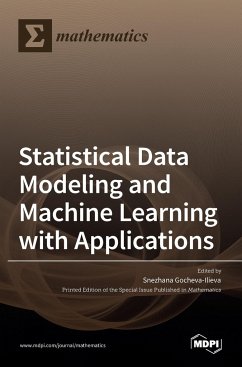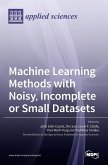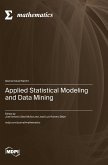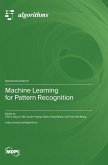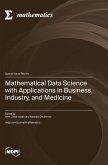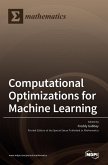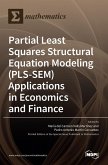The modeling and processing of empirical data is one of the main subjects and goals of statistics. Nowadays, with the development of computer science, the extraction of useful and often hidden information and patterns from data sets of different volumes and complex data sets in warehouses has been added to these goals. New and powerful statistical techniques with machine learning (ML) and data mining paradigms have been developed. To one degree or another, all of these techniques and algorithms originate from a rigorous mathematical basis, including probability theory and mathematical statistics, operational research, mathematical analysis, numerical methods, etc. Popular ML methods, such as artificial neural networks (ANN), support vector machines (SVM), decision trees, random forest (RF), among others, have generated models that can be considered as straightforward applications of optimization theory and statistical estimation. The wide arsenal of classical statistical approaches combined with powerful ML techniques allows many challenging and practical problems to be solved. This Special Issue belongs to the section "Mathematics and Computer Science". Its aim is to establish a brief collection of carefully selected papers presenting new and original methods, data analyses, case studies, comparative studies, and other research on the topic of statistical data modeling and ML as well as their applications. Particular attention is given, but is not limited, to theories and applications in diverse areas such as computer science, medicine, engineering, banking, education, sociology, economics, among others. The resulting palette of methods, algorithms, and applications for statistical modeling and ML presented in this Special Issue is expected to contribute to the further development of research in this area. We also believe that the new knowledge acquired here as well as the applied results are attractive and useful for young scientists, doctoral students, and researchers from various scientific specialties.
Bitte wählen Sie Ihr Anliegen aus.
Rechnungen
Retourenschein anfordern
Bestellstatus
Storno

